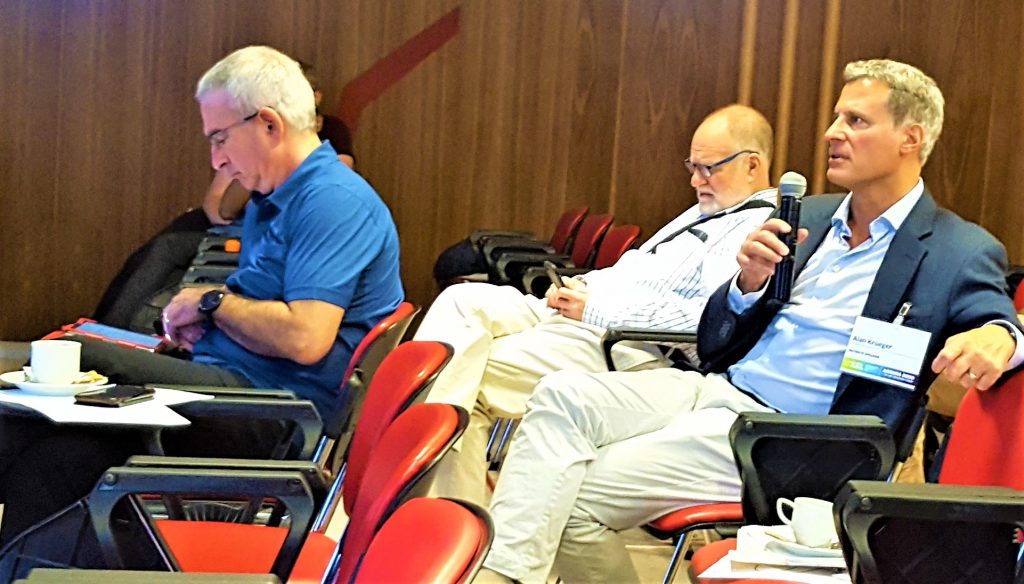A new GLO Discussion Paper finds that benefits do not necessarily reach the poor and vulnerable households at the regional level.
The Global Labor Organization (GLO) is an independent, non-partisan and non-governmental organization that functions as an international network and virtual platform to stimulate global research, debate and collaboration.
GLO Discussion Paper No. 440, 2020
Social Safety Nets in Tunisia: Do Benefits Reach the Poor and Vulnerable Households at the Regional Level? – Download PDF
by Nasri, Khaled
GLO Fellow Khaled Nasri
Author Abstract: Tunisian social programs provide direct transfers and free or reduced rate access to public health care for families selected by local and regional commissions. In some areas, poor and vulnerable families are excluded from these programs whose places are occupied by other households. The center is often ill-informed about the performance of different regions in reaching the poor and about the exclusion and inclusion errors sources. This lack of information can severely limit the options for designing reforms that will improve targeting performance. In a nutshell : Two components of social safety nets in Tunisia: one covers more, and the other is more generous. The regional commissions often select households headed by women widowed and elderly as beneficiaries. At the regional level, some beneficiaries are not eligible, and the eligible are not beneficiaries. The inclusion of the non-poor and the exclusion of the poor at the regional level are due to disagreement between eligibility criteria and a person’s poverty status.
GLO Discussion Papers are research and policy papers of the GLO Network which are widely circulated to encourage discussion. Provided in cooperation with EconStor, a service of the ZBW – Leibniz Information Centre for Economics, GLO Discussion Papers are among others listed in RePEc (see IDEAS, EconPapers). Complete list of all GLO DPs – downloadable for free.

Ends;




